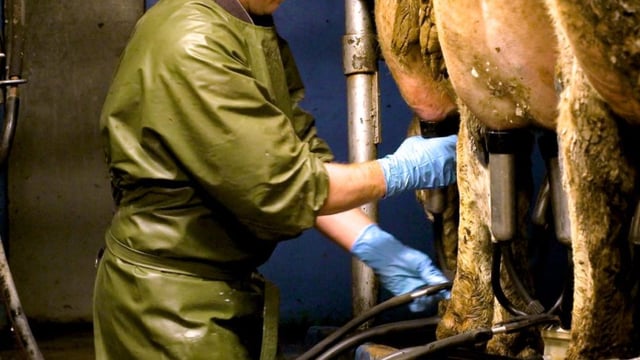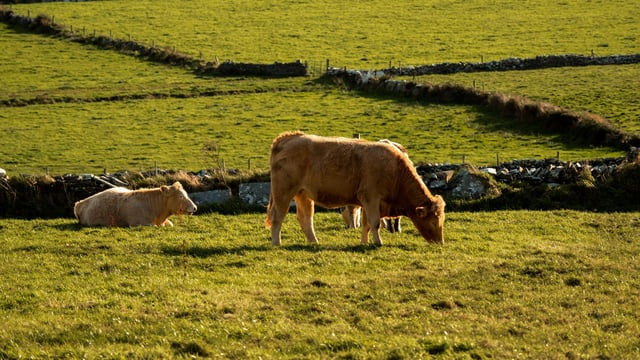NGOs warn inaction on food waste is 'feeding climate change'
Inaction on food waste and loss by many nations is "seriously risking food security, whilst feeding climate change", a group of non-governmental organisations (NGOs) have warned.
They have highlighted that global food loss and waste is estimated to cost $1 trillion annually.
The group, which encompasses members of the Global Action Drive, including the Global FoodBanking Network, ReFED, World Resources Institute, and the Waste and Resources Action Programme (WRAP), hosted a dedicated webinar this week ahead of COP30 on the "underutilised, but transformative climate solution" that is action on wasted food.
Currently, one-third of all food produced globally goes to waste and up to 10% of global greenhouse gas emissions - five times more than aviation – come directly from this wasted food.
The volume of global food loss and waste is predicted to top 2.1 billion tonnes per year by 2030 without urgent action, with associated costs expected to cost global economies $1.5 trillion, the NGOs warned.
Action by the small number of engaged nations is too little to prevent the worst impacts of climate change linked to food loss and waste, the group said.
It is calling on more governments to commit to immediate action by adding commitments to tackle food loss and waste in their nationally determined contributions at COP30.
Opportunity
Catherine David, WRAP CEO, said that food loss and waste is "one of the biggest opportunities in the climate transition and one we already know how to solve".
"From Kenya to Colombia, countries are embedding food waste reduction into their national climate plans," David said.
"At COP30, more governments can show the world what real progress looks like by placing food waste reduction at the core of their national climate commitments.”
Dana Gunders, president of ReFED, said that reducing the amount of food going to waste is a "major solution", both in its financial and climate potential.
"What's especially important in this period of global economic turmoil are the financial benefits," Gunders said.
"Reducing the amount of food that goes to waste across our food system helps maximise the economic resources needed to get it from farms to our plates, easing the cost burden for businesses, governments, and families.
"It's just one of many benefits that go hand-in-hand with the climate impacts."
Binding targets
The revised Waste Framework Directive entered into force in October, introducing the EU’s first binding targets for food waste reduction.
These targets will apply to member states and must be met by December 31, 2030.
Ireland and other EU countries will have to reduce this waste by 10% in processing and manufacturing, and by 30% per capita at retail and consumption by 2030, which includes restaurants, food services, and households.
Countries have 20 months to transpose the revised directive into national laws.
They must designate the competent authorities responsible for coordinating the measures to prevent the generation of food waste by January 17, 2026, and adapt prevention programmes in line with the necessary measures by October 17, 2027.
Irish roadmap
The Environmental Protection Agency said that in Ireland, about 835,000t of food is wasted each year, according to current best estimates.
Minister of State at the Department of Climate, Energy and the Environment with special responsibility for the Circular Economy, Alan Dillon said that his department will soon prepare the next iteration of Ireland’s National Food Waste Prevention Roadmap.
Additionally, this department is currently seeking community projects with the theme of food and waste.
Almost €27 million is being provided for local projects and initiatives that facilitate community climate action across a range of themes.
This funding is part of the Community Climate Action Programme.
Projects eligible for this guidance and potential funding will address five themes: food and waste; community energy; local climate and environmental action; travel; and shopping and recycling.





